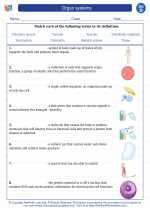Conservation
Conservation is the careful management and protection of natural resources in order to preserve the environment and ensure sustainability for future generations. It involves the responsible use of resources such as water, energy, plants, animals, and minerals, as well as the protection of ecosystems and biodiversity.
Why is Conservation Important?
Conservation is important because it helps maintain the balance of nature, protects endangered species, preserves natural habitats, and ensures that future generations will have access to essential resources. It also contributes to the overall health and well-being of the planet and its inhabitants.
Ways to Conserve Natural Resources
- Reduce, Reuse, Recycle: Minimize waste by reducing consumption, reusing items, and recycling materials.
- Conserve Water: Use water-saving appliances, fix leaks, and avoid unnecessary water usage.
- Save Energy: Use energy-efficient appliances, turn off lights and electronics when not in use, and consider renewable energy sources.
- Protect Habitats: Support conservation efforts, avoid damaging natural habitats, and participate in reforestation and wildlife preservation initiatives.
- Promote Biodiversity: Protect and preserve diverse ecosystems, support sustainable agriculture, and avoid contributing to habitat destruction.
Conservation Study Guide
- Define conservation and explain its importance.
- List and describe at least three ways to conserve natural resources.
- Discuss the impact of human activities on the environment and how conservation can help mitigate these effects.
- Identify and explain the role of national parks, wildlife reserves, and other protected areas in conservation efforts.
- Research and present a case study on a successful conservation project or initiative.
By understanding the principles of conservation and actively participating in conservation efforts, we can all contribute to the preservation and sustainability of our planet.
.◂Science Worksheets and Study Guides Fourth Grade. Organ systems

 Worksheet/Answer key
Worksheet/Answer key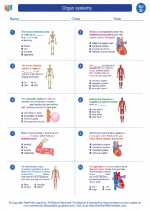
 Worksheet/Answer key
Worksheet/Answer key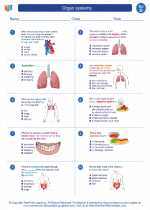
 Worksheet/Answer key
Worksheet/Answer key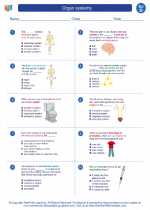
 Vocabulary/Answer key
Vocabulary/Answer key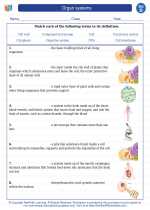
 Vocabulary/Answer key
Vocabulary/Answer key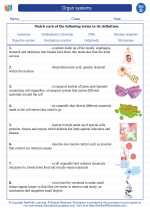
 Vocabulary/Answer key
Vocabulary/Answer key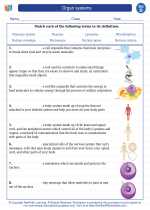
 Vocabulary/Answer key
Vocabulary/Answer key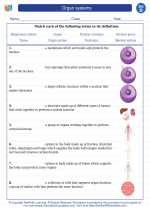
 Vocabulary/Answer key
Vocabulary/Answer key